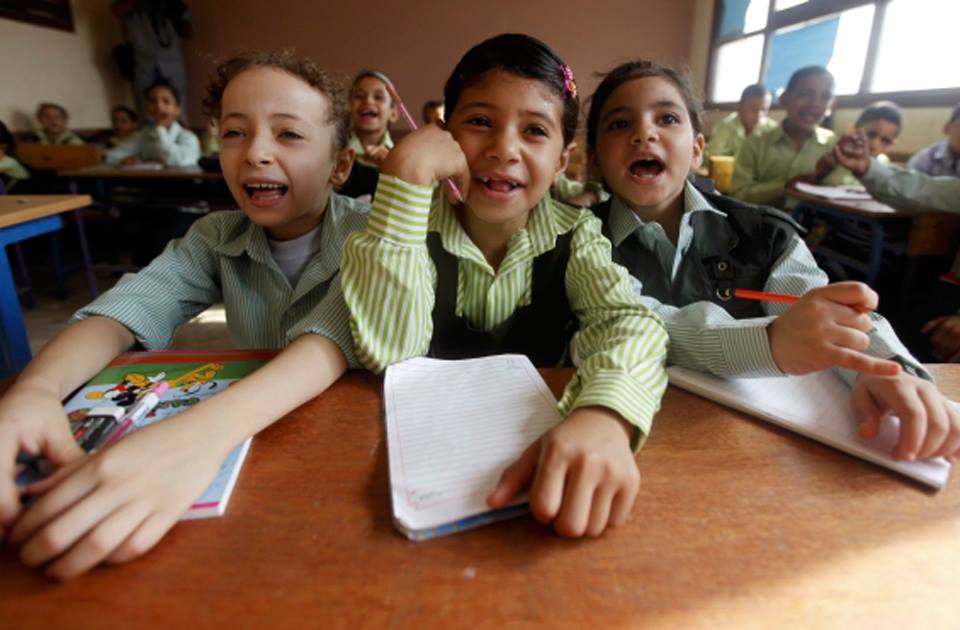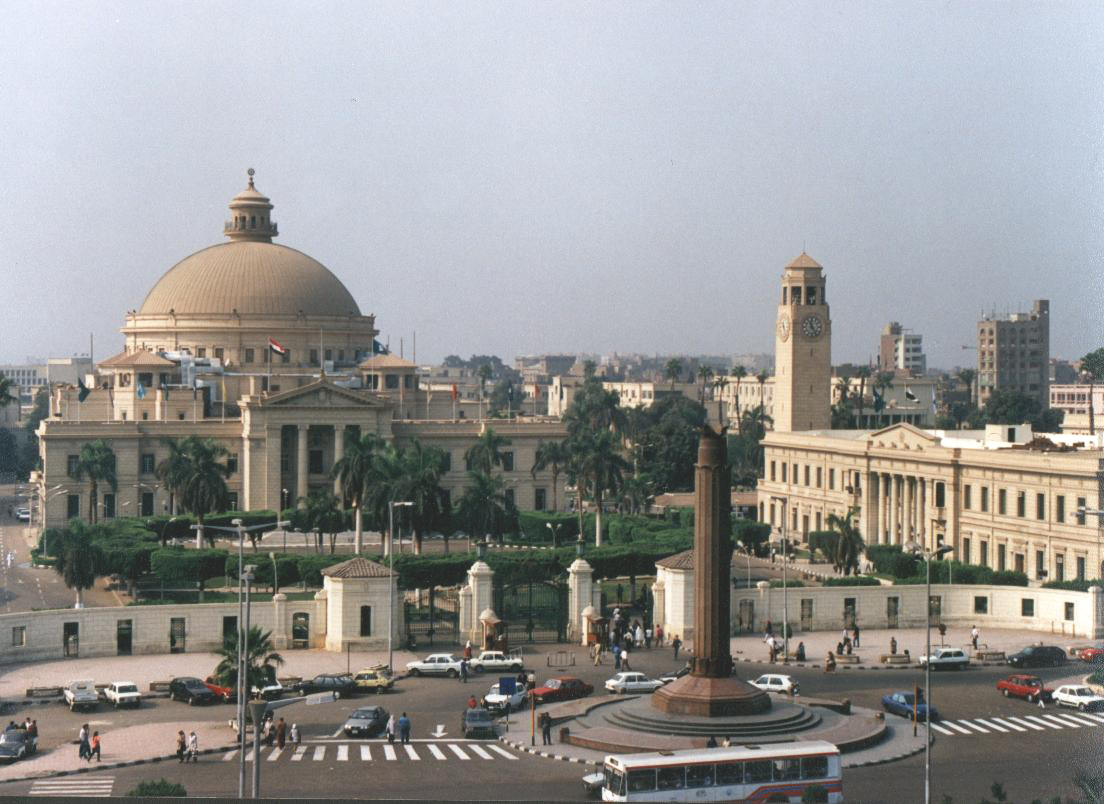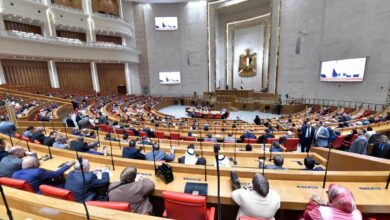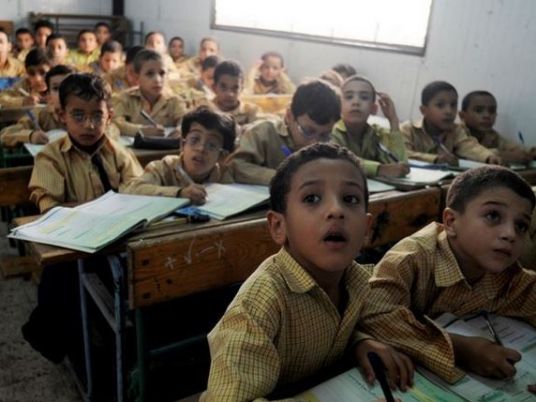
Egyptian Minister of Education, Tarek Shawki, revealed new regulations for the upcoming school year in light of the ongoing coronavirus pandemic.
Shawki said in a press conference that the school year will start on October 17 in Egyptian national schools, while international schools will start on September 15.
The minister dubbed 2021 as the year of returning to school, the year of appreciation and reward for teachers, and the year of restoring quality to schools.
He added that the ministry is working to improve its free basic education. In the case of a service for a nominal fee, these funds will be directed toward improving the working conditions of the teachers and easing the financial pressure of private lessons off the shoulders of parents.
Attendance schedules and study plans will be put in place in proportion to each school, according to the student population size and the availability of internet in students’ homes, according to the minister.
Shawki pointed out that there are support methods for students at all levels, and that those who have internet access at home can benefit from educational channels, the electronic library platform, and the live broadcast platform.
Those who do not have internet access can attend school and utilize the resources the schools have to offer, which is particularly important for primary-aged children.
He said that all directorates and every school principal in all governorates must send to the ministry attendance schedule plans, and that the final schedule is the responsibility of school principals, to whom the ministry will give additional financial support and resources to ensure each school’s success.
The minister added that the old high school final exam, known as Thanaweya Amma, has been discontinued, and the new system will create more equity by not allowing for fraud or diversion.
Shawki explained that the new system permits retaking a section of the exam in order to improve one’s score. Additionally, the exam questions are all multiple-choice and do not contain writing. There will be four different forms of the same exam, all of equal difficulty, and grading will be entirely electronic.
Students will have an opportunity to retake tests each year in August, with the main exam being administered in June. The test with the higher score will be accepted.
Shawki continued that the ministry will launch an application through which students can send questions to their teacher or a group of teachers regarding curriculum.
Students will attend school on a rotating schedule, where they are in the classroom two days per week, and learning through online platforms for the remainder of the time.
Online curriculum and technology will be made available to all students.
Technology offered will include learning resources in all subjects on educational channels and live broadcast platforms, an interactive library, and an e-lesson platform, all provided by the ministry.
High school students will be given a tablet, also from the ministry, and will have access to the same types of learning platforms.
Finally, Shawki announced there will be an organized online academy for teachers, where they can obtain professional certificates and licenses to gain financial incentives.
Edited translation from Al-Masry Al-Youm




